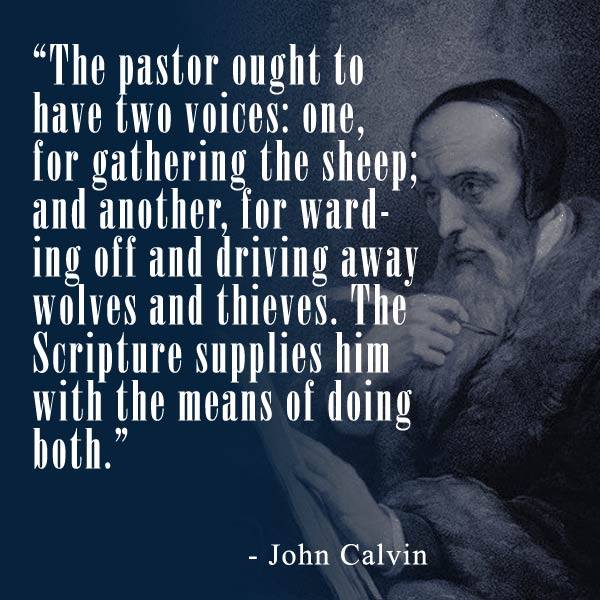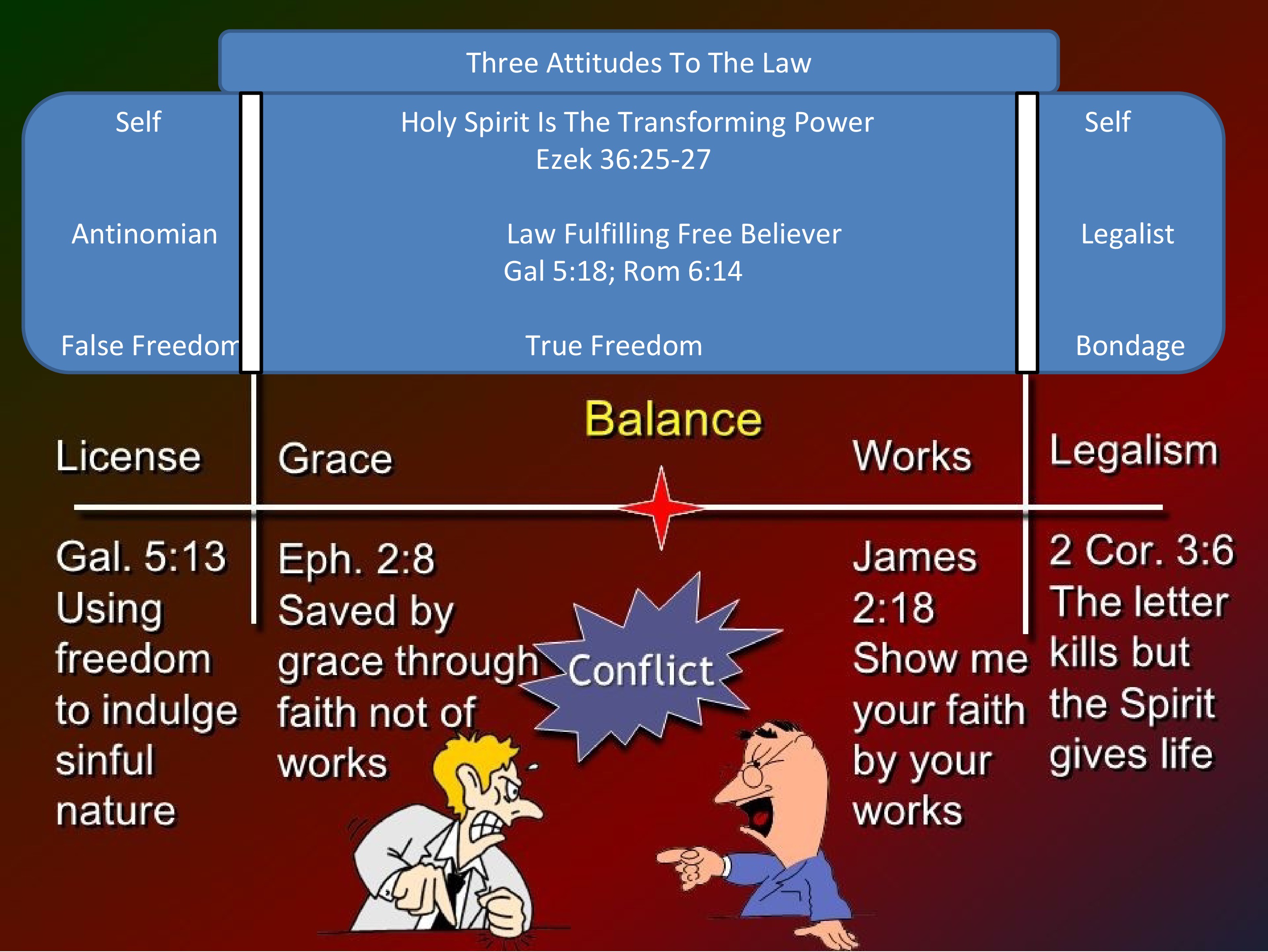Matt 16:13-18
When Jesus came to the region of Caesarea Philippi, he asked his disciples, “Who do people say the Son of Man is?” They replied, “Some say John the Baptist; others say Elijah; and still others, Jeremiah or one of the prophets.” “But what about you?” he asked. “Who do you say I am?” Simon Peter answered, “You are the Messiah, the Son of the living God.” Jesus replied, “Blessed are you, Simon son of Jonah, for this was not revealed to you by flesh and blood, but by my Father in heaven. And I tell you that you are Peter (Petros meaning “stone”) and on this rock (Petra) I will build my church, and the gates of Hades will not overcome it. I will give you the keys of the kingdom of heaven; whatever you bind on earth will be bound in heaven, and whatever you loose on earth will be loosed in heaven.” Then he ordered his disciples not to tell anyone that he was the Messiah.
Luke 16:20-31
“There was a rich man who was dressed in purple and fine linen and lived in luxury every day. 20 At his gate was laid a beggar named Lazarus, covered with sores and longing to eat what fell from the rich man’s table. Even the dogs came and licked his sores. “The time came when the beggar died and the angels carried him to Abraham’s side. The rich man also died and was buried. In Hades, where he was in torment, he looked up and saw Abraham far away, with Lazarus by his side. So he called to him, ‘Father Abraham, have pity on me and send Lazarus to dip the tip of his finger in water and cool my tongue, because I am in agony in this fire.’ “But Abraham replied, ‘Son, remember that in your lifetime you received your good things, while Lazarus received bad things, but now he is comforted here and you are in agony. And besides all this, between us and you a great chasm has been set in place, so that those who want to go from here to you cannot, nor can anyone cross over from there to us.’ “He answered, ‘Then I beg you, father, send Lazarus to my family, 28 for I have five brothers. Let him warn them, so that they will not also come to this place of torment.’ “Abraham replied, ‘They have Moses and the Prophets; let them listen to them.’ “‘No, father Abraham,’ he said, ‘but if someone from the dead goes to them, they will repent.’ “He said to him, ‘If they do not listen to Moses and the Prophets, they will not be convinced even if someone rises from the dead.’”
Eph 2:19-20
Consequently, you are no longer foreigners and strangers, but fellow citizens with God’s people and also members of his household, built on the foundation of the apostles and prophets, with Christ Jesus himself as the chief cornerstone. In him the whole building is joined together and rises to become a holy temple in the Lord. And in him you too are being built together to become a dwelling in which God lives by his Spirit.
From Luke 16:20-31, we can easily interpret that “Moses and the Prophets” in the parable refers to God’s revelation to Moses and the Prophets which is the Old Testament Scripture, and it is noteworthy to note that “Moses” is mentioned in such a way to signify Moses’s prominence among the prophets.
Our Lord had given Simon another name Peter (petros meaning a small stone), and in a play of words, He said He would build His church upon the Rock (petra). Just like Moses was prominent among the prophets so was Peter among the apostles. Apparently he was the first to make the divinely received confession that Jesus was the Messiah, Son of the living God. Peter’s prominence can be seen in several other ways. Four lists of the twelve apostles in the New Testament – Matt 10:2-4, Mark 3:16-19, Luke 6:13-16 and Acts 1:13 – put Peter first in the list. He was the first to announce the gospel to the Jews (Acts 2:14–41). Together with John, he confirmed the inclusion of the Samaritans in the church (Acts 8:14–25). Finally, he was instrumental in the conversion of the first Gentiles (Acts 10–11). Just as Moses was prominent among the prophets so was Peter among the apostles.
It is clearly mentioned at Eph 2:19-20 that the foundation of the church to be built upon is the “apostles and prophets”. And looking at the whole counsel of the various passages, we can easily infer that “Moses and the prophets” and “Peter and the apostles” (though not mentioned this way but inferred from Peter’s prominence among the apostles just as Moses was prominent among the prophets) refer to their divinely received revelation which are the Old Testament and New Testament Scripture respectively with our Lord – being revealed as the Messiah, Son of the living God – as the Chief Cornerstone. In short, it is just “apostles and prophets” in Eph 2:19-20 which refers to God’s divine revelation through the apostles and prophets contained in the New Testament and Old Testament Scripture today.
Heb 1:1-3 affirmed the same :
In the past God spoke to our ancestors through the prophets at many times and in various ways, but in these last days He has spoken to us by His Son, whom He appointed heir of all things, and through whom also He made the universe. The Son is the radiance of God’s glory and the exact representation of His being, sustaining all things by His powerful word. After He had provided purification for sins, He sat down at the right hand of the Majesty in heaven.








